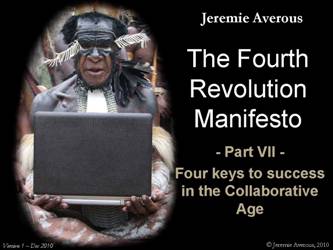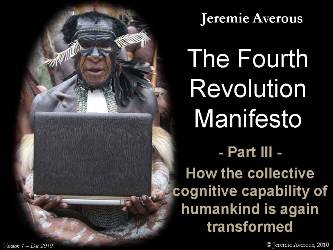Austin Kleon has written a great visual post on boosting creativity: How to steal like an artist (and 9 other things nobody told me). It shows clearly that stealing many ideas from the widest number and types of sources possible is needed to create a new one. And there are a lot of hints about how to boost your own creativity, many of them we have discussed already in the blog.
Enjoy the read. Here it is again: How to steal like an artist (and 9 other things nobody told me).
I’d like to add one. Exercise your creativity. Spend a few minutes each day just being creative. Choose your medium – paper and pencil, computer, writing a text… exercise because that’s a skill that develops over time and exercise.
So, when do you start?




